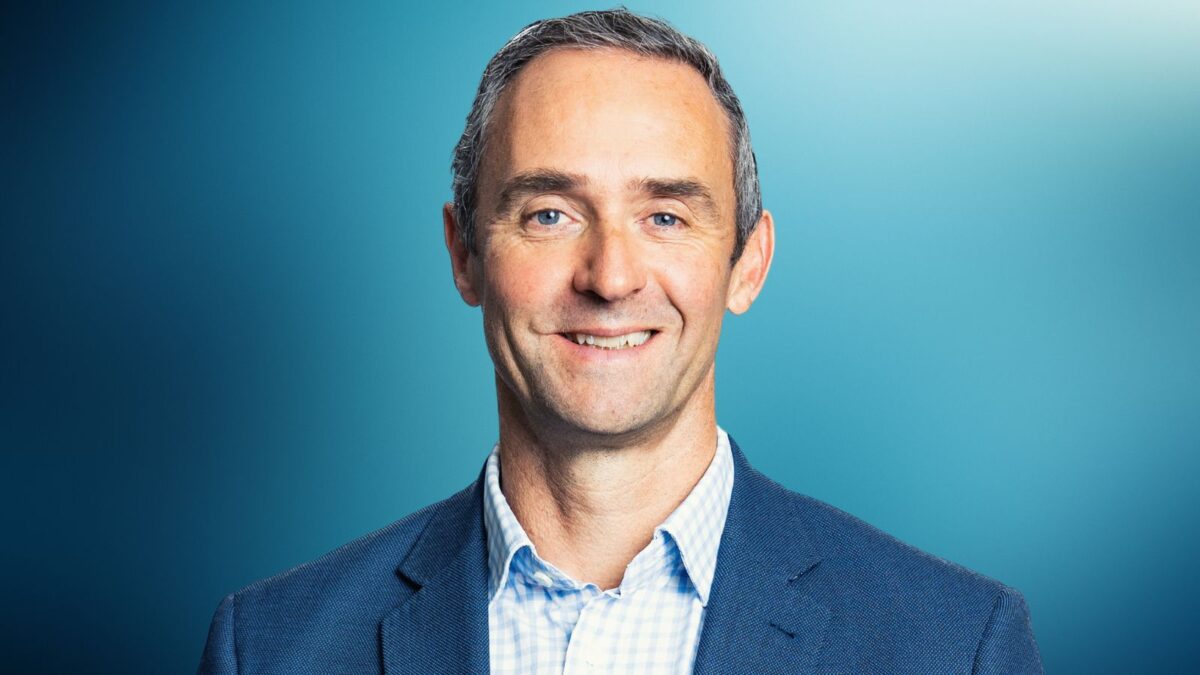Lill’s departure caps off years of change for Rest
Andrew Lill has resigned from Rest after four years in the CIO role and will finish up with the fund in November. Rest has begun a search for a new CIO, with an interim appointee yet to be announced.
In a release, Lill said that he was “looking forward to spending time with family” before taking up his next role.
“Andrew has decided now is the right time to move on to his next opportunity,” said Rest CEO Vicki Doyle. “I want to recognise and thank Andrew for the work he has done to create a strong foundation for the investments team in alignment with Rest’s unique member profile.
“His accomplishments include improved performance, strong team diversity and industry leadership in responsible investing. The impact of Andrew’s efforts will continue to serve Rest’s two million members as we move forward towards our strategic goals.”
Lill joined Rest from Morningstar following a sweeping review into the fund’s investment structures and governance framework that recommended the appointment of a CIO. Rest’s asset consultant, JANA, had previously wielded significant influence within the fund, but the review, carried out by Ashby Monk, recommended that primary accountability for investment outcomes sit within the investment team instead.
Monk’s review also saw Rest’s subsidiary investment arm, the Melbourne-based Superannuation Investment Management (SIM) combined with the Sydney-based in-house team responsible for asset allocation, implementation and manager selection, making the fund one of the early movers in the now-dominant insourcing trend and, through SIM’s established London office, internationalisation.
Lill brought a “systems thinking” approach to Rest’s investment function, citing emerging complex issues like climate change as areas where super funds would have to adapt their strategies in order to protect and grow member money.
During Lill’s tenure, Rest also set a one per cent target portfolio allocation target for impact, which is expected to see $1 billion allocated to impact opportunities by 2026, and moved down the path to further internalisation through the completion of the first stages of “Project Leapfrog”, a technology and systems uplift shepherded by specialist wealth management consultancy 1886. Leapfrog saw the existing custody and investment data capabilities provided to Rest by State Street combined with its subsidiary Charles River’s Investment Management Solution, which Lill described to ISN as putting “the three legs of a stool in place”.
Project Leapfrog has supported the creation of the first new internal strategy since SIM was brought into Rest proper, with the fund aiming to launch an active, fundamental global equities capability.
“I am very grateful for this opportunity to be Rest’s first CIO, which has stretched me and challenged me in very positive ways,” Lill said. “I am very proud of our team’s achievements in this time.”











